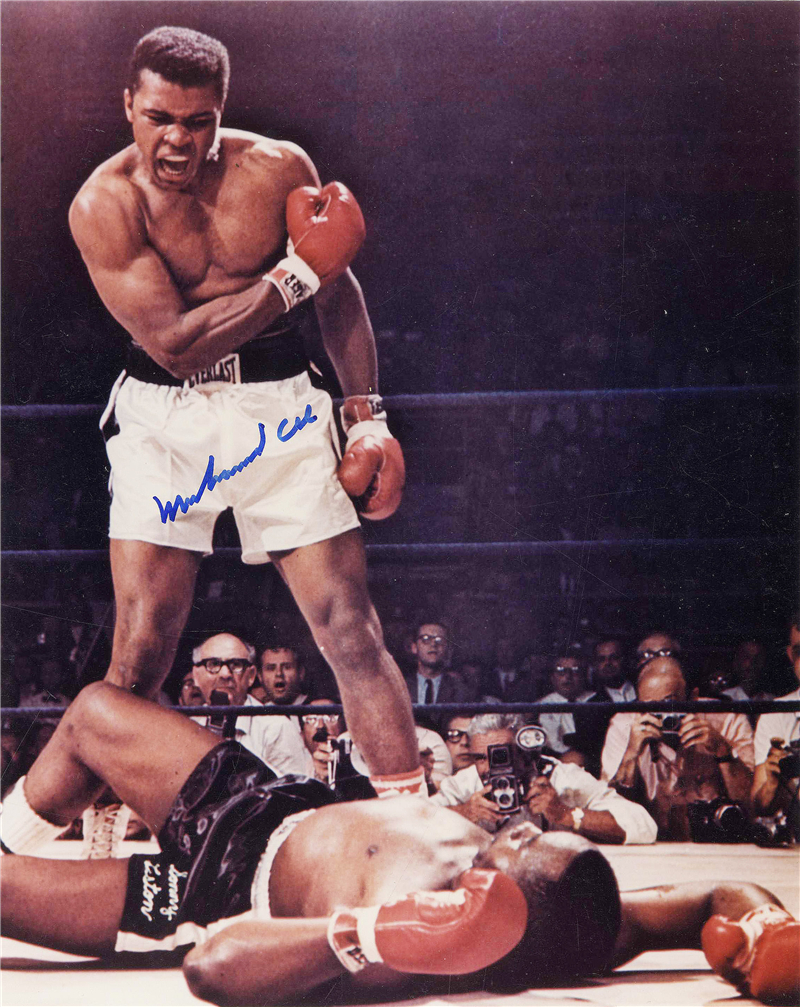
Thought For A Day


The great traders realize that losing is an intrinsic element in the game of trading. This attitude is linked to confidence. Because exceptional traders are confident that they will win over the long run, individual trades no longer seem horrible; they simply appear inevitable.
There is no more certain recipe for losing than having a fear of losing. If you cant stand taking losses, you will either end up taking large losses or missing great trading opportunities – either flaw is sufficient to sink any chance for success.
“If you aren’t in over your head, how do you know how tall you are?” -T.S. Eliot
“Many people never connect with their real talents and fail to attain their potential because they don’t push what they do to excess” -Rod Junkins in “The Art of Creative Thinking”.
 Though it is quite prudent to compromise and maybe aspire for a success which is realistically feasible, failure proof, and safe, risk and loss aversion do not allow you to fully achieve your potential. Each time you grab the crumbs that market banqueters leave under the table.
Though it is quite prudent to compromise and maybe aspire for a success which is realistically feasible, failure proof, and safe, risk and loss aversion do not allow you to fully achieve your potential. Each time you grab the crumbs that market banqueters leave under the table.
The emini yesterday moved steadily down gradually forcing dip buyers to give in and therefore driving prices even lower in a 4 consecutive down days streak, which occurred last time at the end of March. Mean reversion would start at some point and it would likely be triggered at some point approaching the close of the last day of the week.
I counted previous similar situations and 90% of the time, prices moved up from 1500 to the close with a stunning profit factor and a reasonable number of events. Eventually the trade ended up with a very amateurish scalp that brought very little improvement to the P&L as prices moved up 9 points during the last hour of trading. (I have a good excuse as I was at home with screaming and fighting kids around me). (more…)



When I impulsively take the first type of countertrend trades (i.e. missed a good trend), here’s what is going through my mind:
And the countertrend trade is made! Below are what I think are the psychological process at work:
The trade falls apart. The stop loss gets hit, but your dealer doesn’t get you out of the trade. Or the spreads widen. Or you forget you have an order in the system and it triggers, and you’re on vacation, and you’re just having a great time until you are on the White Knuckler roller coaster ride and you think to yourself:
Trading is much like holding a fire in your hand.

At the same time, it’s beautiful and mesmerizing (for some of you at least). It hurts, too. When you have a bad trade, you are holding fire in your hands, so to speak. What are you going to do with it? Take a picture of it? Hide from it? Close your hand on it? Blow on it? Pour gasoline on top of it?
We don’t always react in the best of ways to the unexpected trade. Especially if the trade is a loser, or a mistake, we are likely to try to hide from it first. We flee from the scene of the crime.
If things don’t go your way in trading, tackle the situation. Get on top of it. Figure something out, and do it with friends, and do it sooner rather than later. You’ll be happy you put out the fire in your hand.